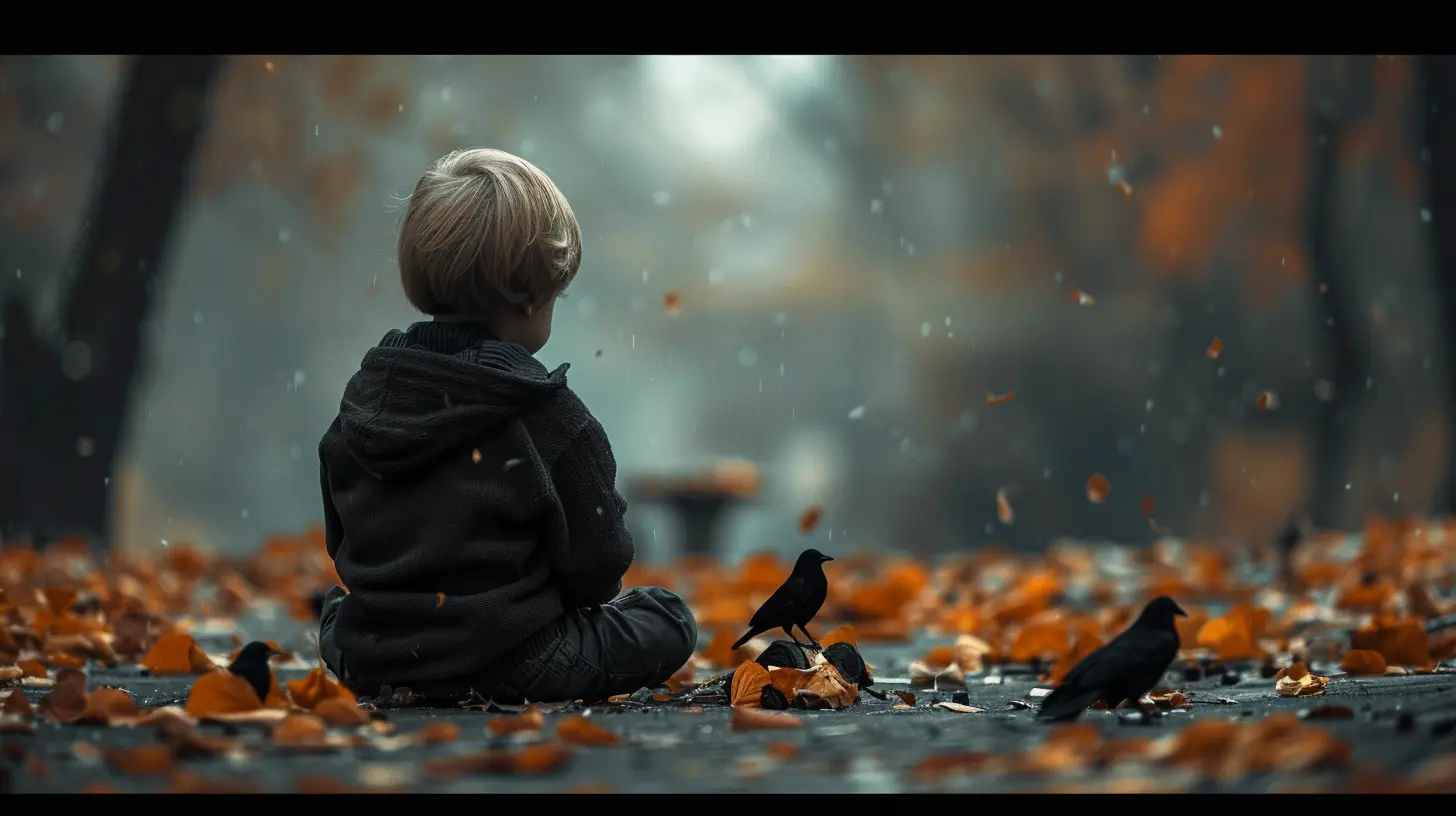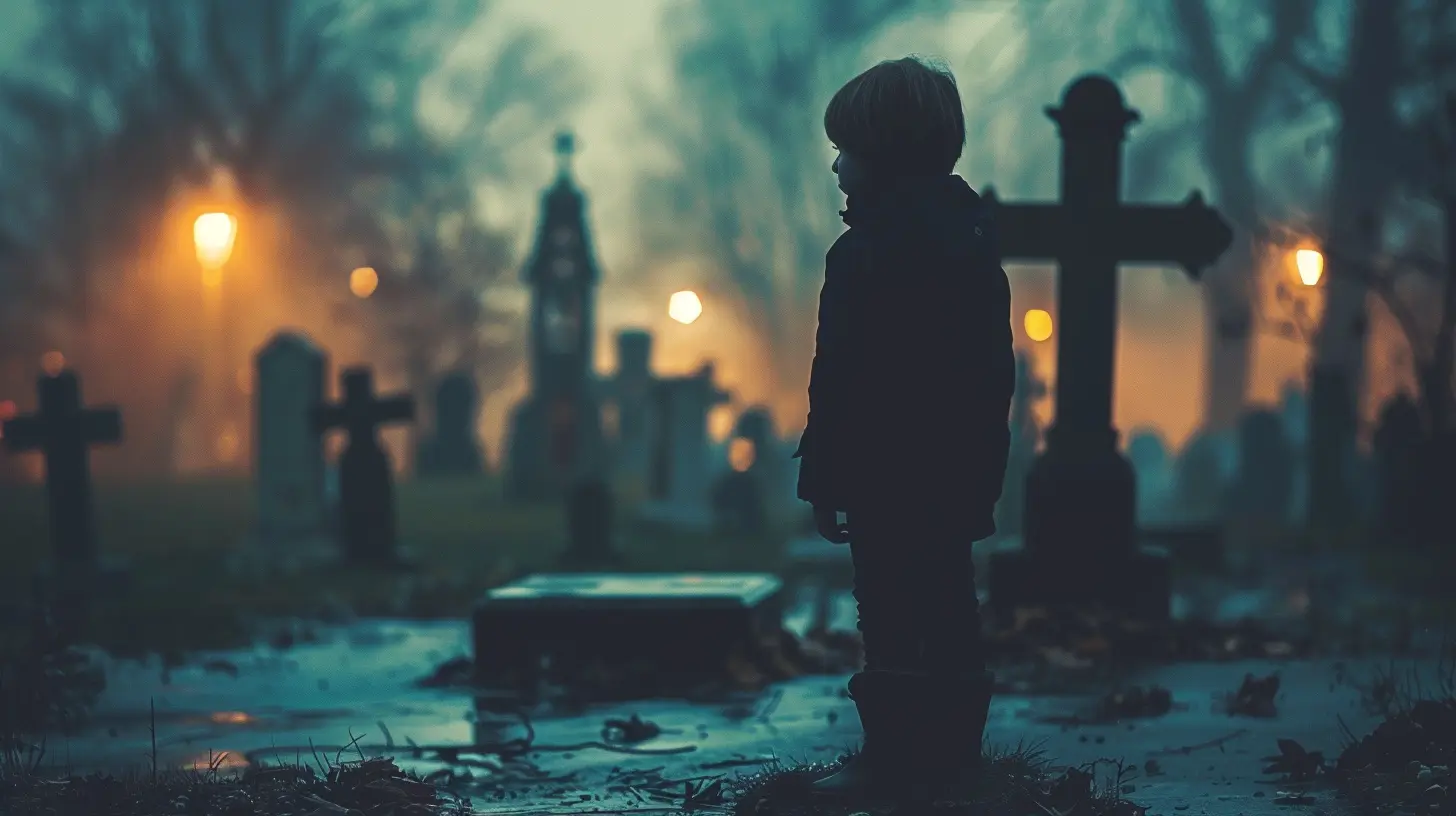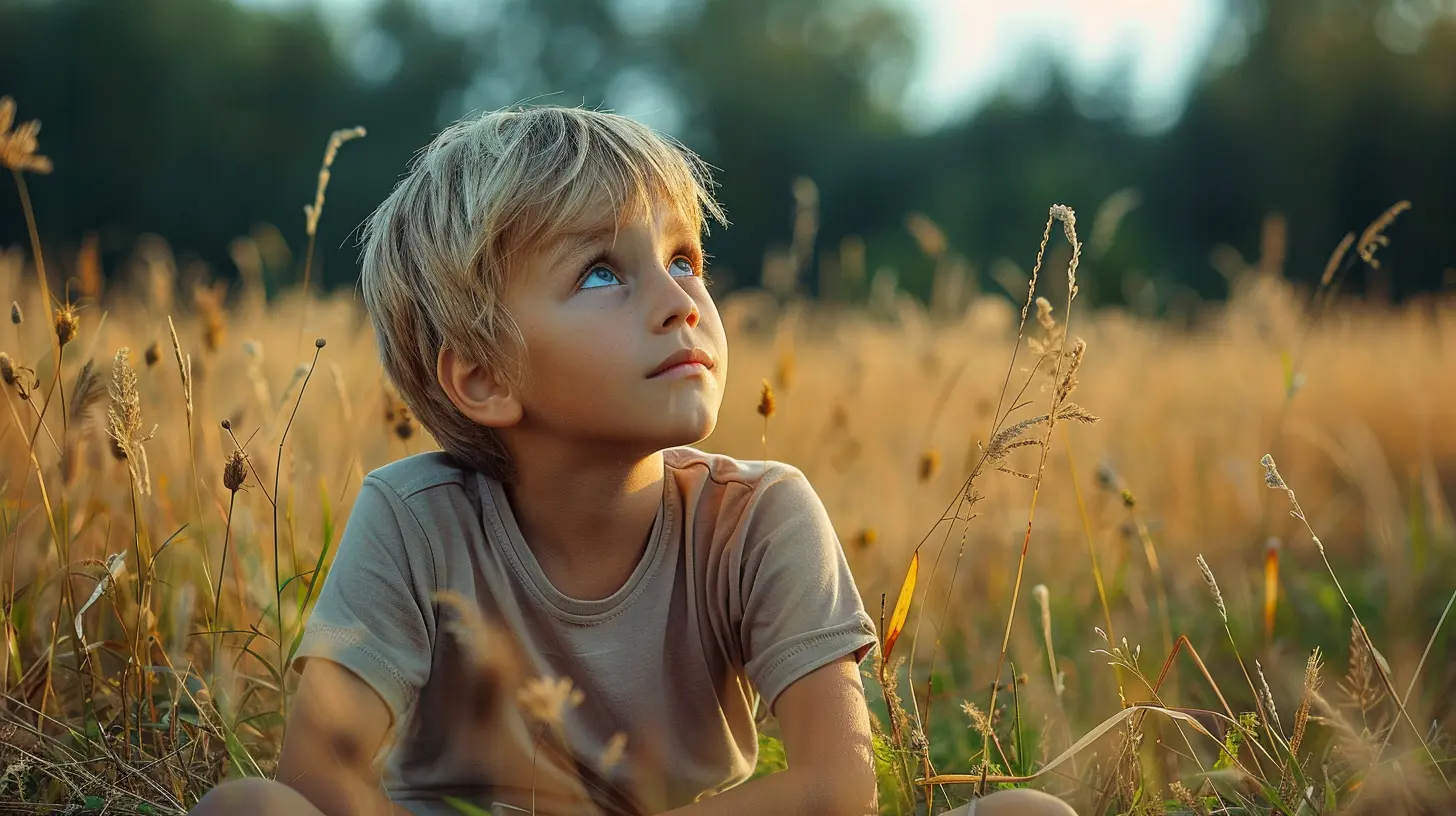How to Talk to Children About Death and Grief
16 November 2025
Talking to children about death and grief is one of the toughest conversations a parent or caregiver can face. It’s a subject that many adults struggle with themselves, let alone explaining it to a child. However, avoiding the conversation can lead to confusion, fear, and even misconceptions that could make grief harder for a child to process.
So, how do you approach this delicate topic? How do you help them understand something that even adults sometimes struggle to accept? This guide will walk you through the process, offering compassionate and practical ways to talk to children about death and grief.

Why It’s Important to Talk About Death
Death is a part of life, and avoiding discussions about it doesn’t make it go away. Children are naturally curious, and when death touches their lives—whether through the loss of a pet, a family member, or even a character in a story—they need guidance in processing their emotions.If we don’t talk about it, they might form their own (often incorrect) conclusions. Some children might believe they did something to cause the loss, while others might develop fears that their loved ones will suddenly disappear. Open, honest conversations help them navigate their emotions and foster a healthier understanding of life’s natural cycle.

When Should You Talk to a Child About Death?
The best time to talk about death isn’t necessarily after a loved one has passed away. If a child is introduced to the concept of death in a safe and gentle way before experiencing a personal loss, they’ll be better prepared when the time comes.A good opportunity could be when they notice a dead insect, an animal on the side of the road, or a character in a book or movie. These moments allow for natural discussions without overwhelming emotions. However, when death does touch their life personally, it’s crucial to address it promptly and with care.

How to Talk to Children About Death
1. Use Simple and Clear Language
When discussing death with a child, avoid euphemisms like "gone to sleep," "passed away," or "lost." These can be confusing and even frightening—imagine a child fearing bedtime, thinking sleep means never waking up again.Instead, use clear explanations:
- “Grandma died, and that means her body stopped working. She can’t eat, sleep, or feel pain anymore.”
- “Our dog died, which means we won’t be able to see him anymore, but we can still remember all the fun times we had.”
Being direct (yet gentle) helps children grasp the reality without unnecessary confusion.
2. Validate Their Feelings
Children might react in ways adults don’t expect. Some may become sad, others might not react at all, and some might even ask questions that seem insensitive, like "Who’s going to feed Grandma’s cat now?"No matter the reaction, it’s important to reassure them that their feelings are okay. You might say:
"It’s okay to feel sad, confused, or even a little angry. Everyone feels different emotions when someone dies, and that’s perfectly normal."
Encourage them to talk about their feelings and remind them that grief is a process, not something they have to "get over" quickly.
3. Be Honest About Your Own Emotions
Children look to adults for cues on how to handle difficult situations. If they see you suppressing your emotions, they might feel they should do the same. It’s okay to let them see you sad or crying—this shows them that grief is normal.You can say something like:
"I feel really sad because I miss Grandpa. It’s okay to cry when we miss someone we love."
This teaches them that expressing emotions is healthy and that they don’t have to pretend to be "strong" when they’re hurting.
4. Answer Their Questions Honestly
Children are naturally curious, and they may ask a lot of questions:- “Where do people go when they die?”
- “Will I die too?”
- “Are you going to die?”
It’s okay if you don’t have all the answers. Keep responses age-appropriate and aligned with your family’s beliefs. If you don't know how to answer a question, it's okay to say, "That's a really good question. Some people believe..." and offer different perspectives.
When it comes to fears about their own mortality or yours, reassure them with comfort but honesty:
"Yes, all living things die someday, but I plan to be here for a very long time."
5. Allow Them to Remember and Celebrate
Encouraging children to remember their loved ones can help with healing. You can:- Look through old photos together
- Share happy memories
- Light a candle in their honor
- Create a memory box with special items or notes
By keeping their memory alive in a positive way, children learn that while death means physical absence, love and memories never go away.
6. Read Books About Death and Grief
Books can be a valuable tool in explaining death to children. Some great options include:- The Invisible String by Patrice Karst – A comforting book about how love connects us, even after death.
- I Miss You: A First Look at Death by Pat Thomas – A gentle introduction to loss and grief for young children.
- Lifetimes: The Beautiful Way to Explain Death to Children by Bryan Mellonie – A simple explanation of the life cycle.
Reading together creates a space where they can ask questions and express their emotions in a safe environment.
7. Encourage Expression Through Art or Play
Not all children are able to express their feelings through words. Art, play, and storytelling can help them process their emotions. They might:- Draw pictures of the person or pet they lost
- Act out scenarios with dolls or action figures
- Write letters to the deceased
These activities give them an outlet for their grief and can serve as a therapeutic way of understanding their loss.

What to Avoid When Talking to Children About Death
- Avoid making promises you can’t keep. Saying, "I’ll never die," isn’t helpful because it’s not true. Instead, focus on reassurance without false promises.- Don’t force them to talk. Some children need time to process before they’re ready to discuss their feelings. Let them know you're there when they need you.
- Avoid dismissing their emotions. Saying, "Don’t be sad," or "You have to be strong," can make them feel they shouldn’t express their grief.
Supporting a Grieving Child
Grief isn’t something that disappears overnight. Some children may seem okay at first, only for emotions to surface weeks or even months later. Continue checking in, offering comfort, and providing support.If their grief seems prolonged or affects their daily life significantly, consider seeking help from a child therapist or grief counselor who specializes in helping children process loss.
Final Thoughts
Talking to children about death and grief is never easy, but it’s one of the most important conversations you can have with them. With honesty, patience, and reassurance, you can help them navigate loss in a way that feels safe and supported.While we can’t shield children from loss, we can offer them the tools to understand and cope with it. And in doing so, we teach them one of life’s most valuable lessons: love never truly dies—it just changes form.
all images in this post were generated using AI tools
Category:
Grief And LossAuthor:

Eliana Burton
Discussion
rate this article
1 comments
Lisa McSweeney
This article offers valuable insights on discussing death with children, emphasizing honesty and support, while encouraging open communication about grief. Thank you!
November 19, 2025 at 4:29 PM

Eliana Burton
Thank you for your kind words! I'm glad you found the insights helpful.


